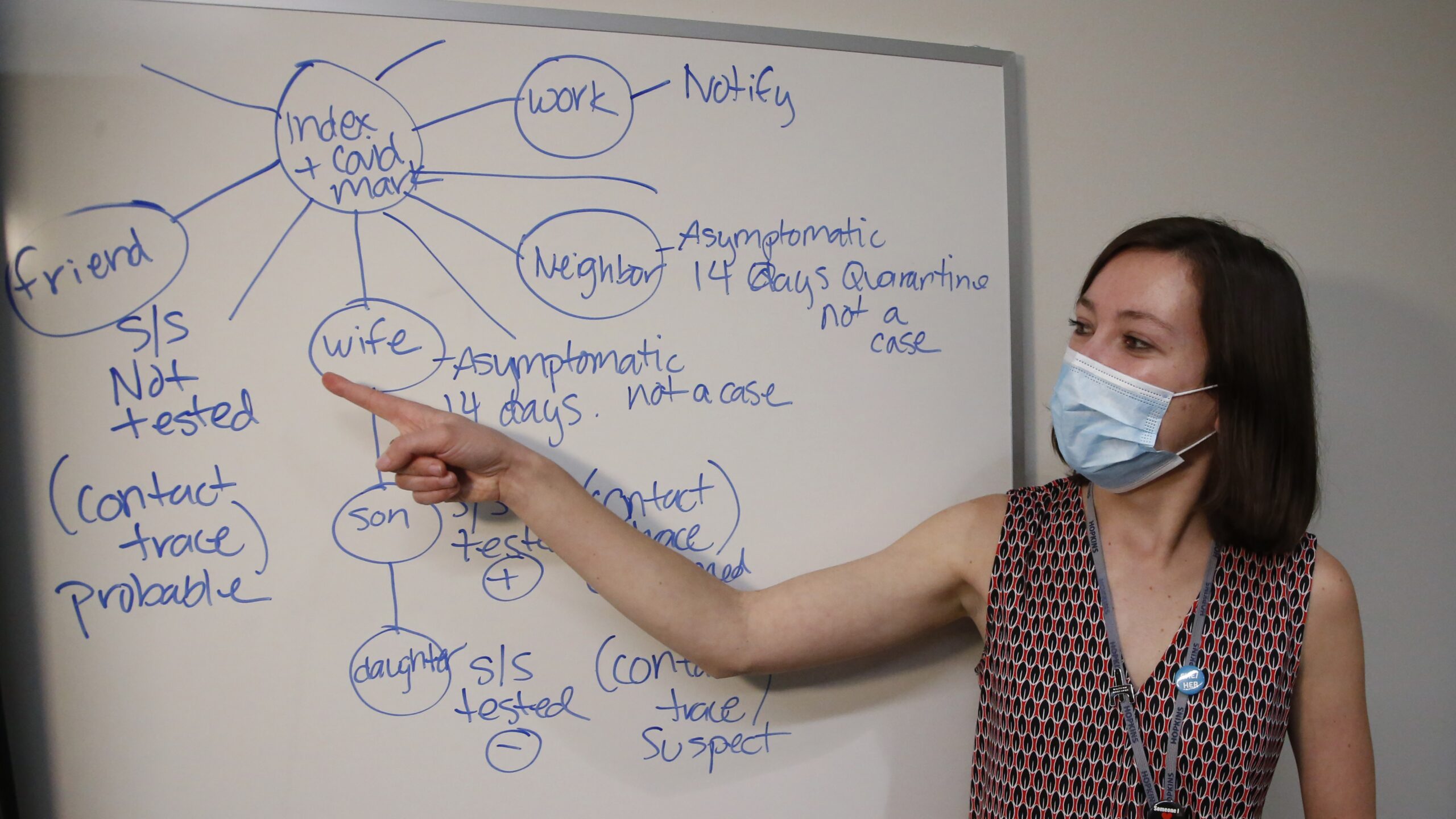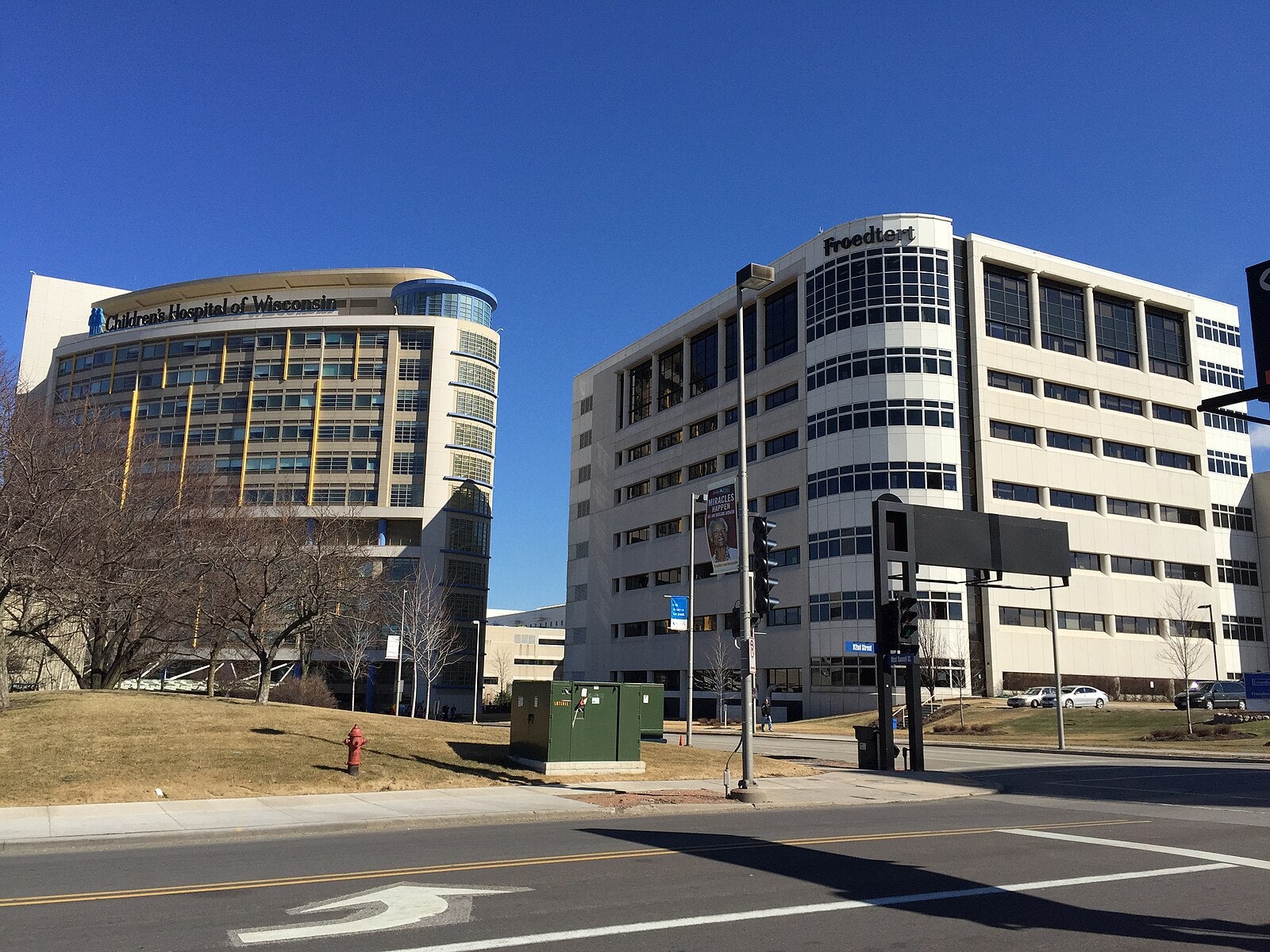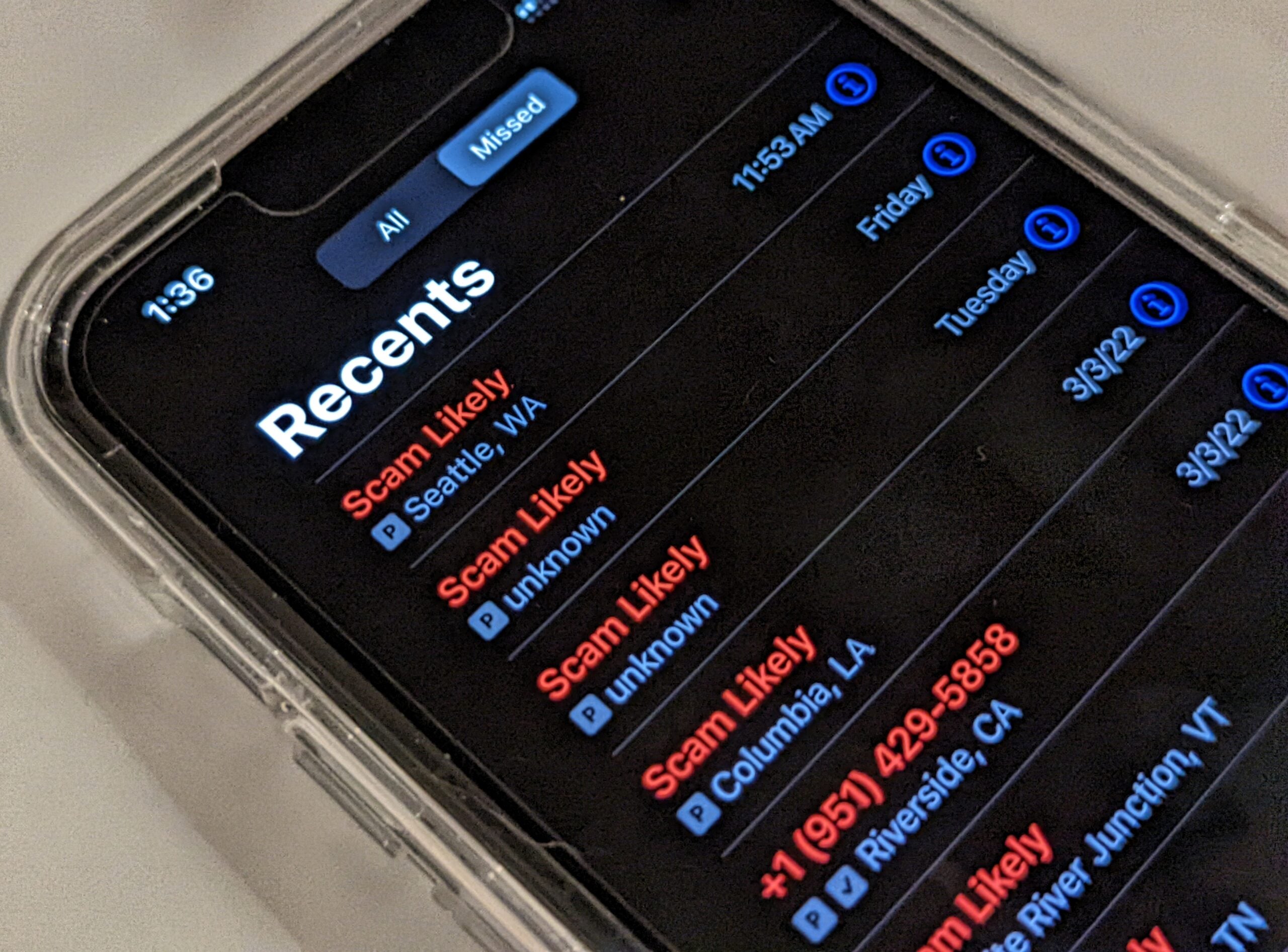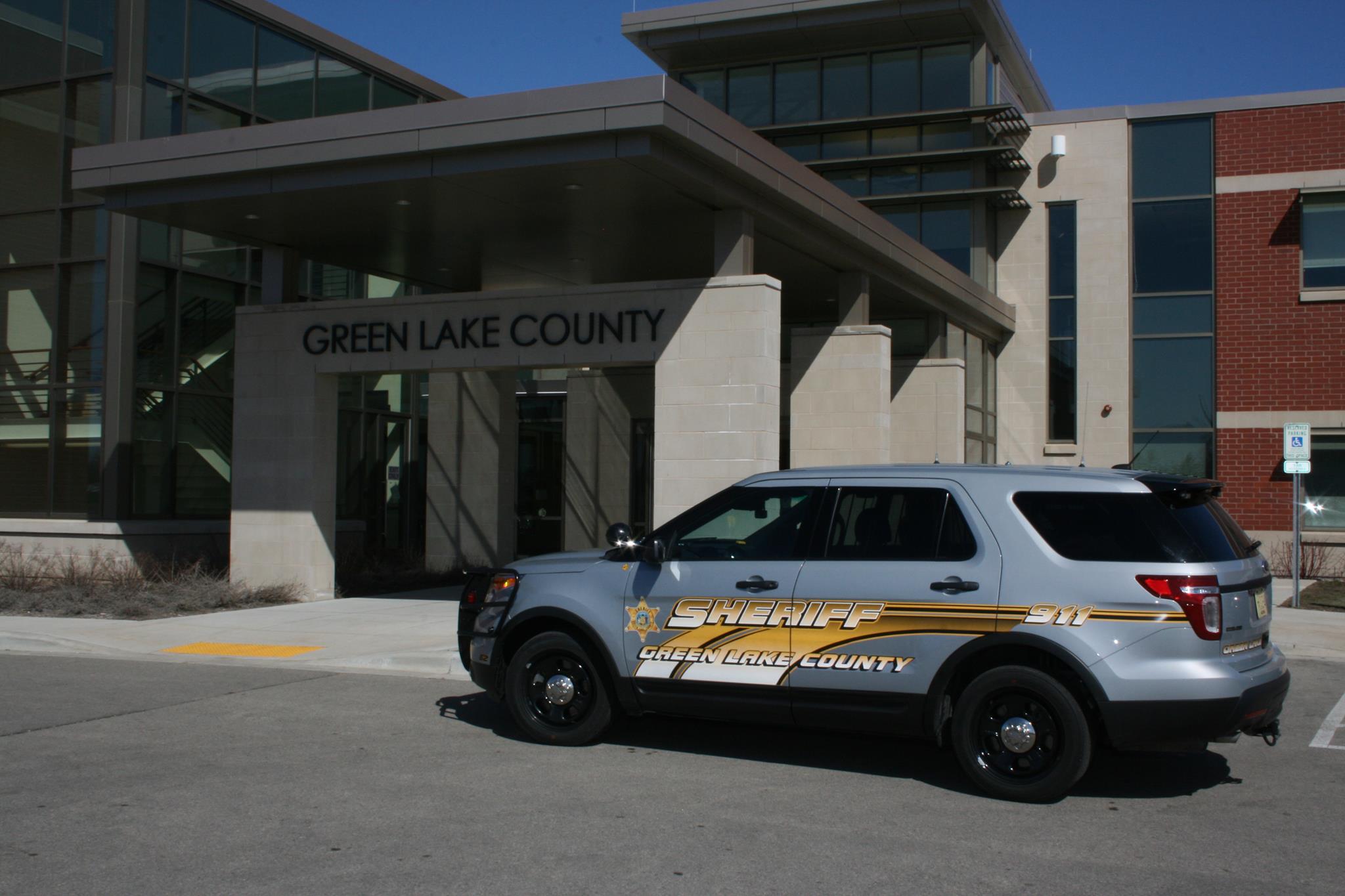Contact tracing phone calls from state and local health officials help identify people who have recently been in close contact with someone who has tested positive for COVID-19.
But according to Kaul, it’s a situation that scammers can try to take advantage of.
“There’s significant uncertainty where people may be looking for information about potential cures or about how they can get help, and scammers try to take advantage of that uncertainty and use it to try to steal people’s personal information,” he said.
Legitimate contact tracers will not ask for personal information such as a social security number, bank account number or credit card number, he said.
“Contact tracing is an important part of fighting the spread of the coronavirus,” Kaul said, adding that people should not be afraid of real contact tracers.
AARP Wisconsin senior program specialist Courtney Anclam said while contact tracers will ask a lot of questions, they won’t ask about personal information.
“They’re going to ask you questions about how you’ve been feeling. They might ask about your occupation or work status,” she said.
Real contact tracers should be able to provide information about COVID-19 testing locations, Kaul said. According to the Federal Trade Commission, text or email messages containing links are also likely scams.
Likewise, Kaul said anyone purporting to have a “miracle cure” for COVID-19 is likely a scammer.
Anyone receiving a call they’re unsure about can contact the state Department of Health Services or their local health agency. Scams can be reported to the state Department of Agriculture, Trade and Consumer Protection.
Stay informed on the latest news
Sign up for WPR’s email newsletter.
Wisconsin Public Radio, © Copyright 2025, Board of Regents of the University of Wisconsin System and Wisconsin Educational Communications Board.



